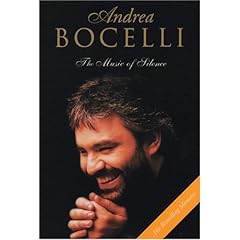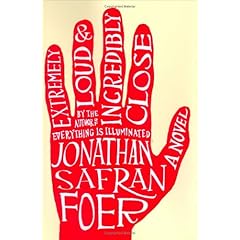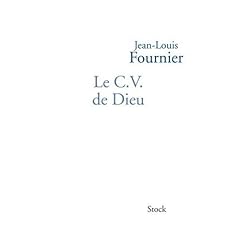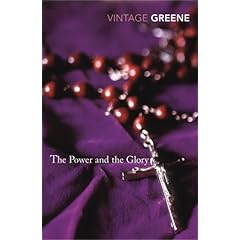 --The blurb--
--The blurb--"Andrea Bocelli is currently the world's most successful male singer. He has sold an astonishing 60 million albums worldwide and has sung for the Pope and Bill Clinton. His concerts sell out in every continent, and his album Sacred Arias has become the biggest-selling album of all time by a classical vocalist. His single 'Canto Della Terra', was the BBC's official song of Euro 2000. Yet behind this man's extraordinary success lies a story of personal triumph more dramatic than any opera. Andrea Bocelli was blinded at the age of twelve, whilst playing football. Not only did he overcome his sight loss to qualify as a lawyer, but continued to pursue his childhood dream to sing, using Braille musical scores and lyric sheets. He was discovered singing in piano bars by the Italian star Zucchero, before Pavarotti took him under his wing. Bocelli's first CD, Romanza, became the third biggest global hit in 1998, rocketing him to international stardom. Everything he has released since then has either gone Gold or Platinum. His recordings now outsell all of the 'Three Tenors'. Andrea Bocelli: The Music of Silence is Bocelli's true story, told in his own words for the first time. In this frank and charming memoir, Bocelli talks as never before about his blindness(something he has long refused to talk about with the press) the importance of family, and stage fright."
blurb from www.amazon.co.uk
--The review--
The unusual choice to present his life story through an alter ego, Amos Bardi, makes this autobiography a charming and distinctive read, and thankfully Bocelli explains the full details of his choice to the reader in the introduction so that we can proceed with the least of confusion. Written with sophistication and without the help of a ghostwriter, it allows unprecedented insight into Bocelli's life, personality and upbringing, including equally unprecedented frankness regarding the misdemeanours of his youth.
However, parts of this autobiography were far too syrupy. Objection number one is a general point: it appeared at times that Bocelli chose this alter ego/third person passageway so that he could big himself up more than he would have been able to by writing more traditionally, and this egotism became a little grating. Objection number two is more specific - having worked in a nursery, and thus realised that even the smallest child can be 'trained' or prepared to cope with the greatest of changes, I couldn't really sympathise with the great heartbreaking situation of chapter three, when Bocelli's parents leave him at boarding school - but perhaps that's just me. The ending of the autobiography, when Bocelli finally finds fame, was also a little weak and seemed to peter out, but this seems fairly usual in autobiographies where the author's career is not yet over (so there is perhaps no 'natural' conclusion).
The slightly unconventional style may not sit well with everyone, especially since it takes a bit of getting used to, even with the initial explanation. However, it is certainly bound to stick in your head, and allows the polymath underneath the classical crossover star to be deftly revealed.







